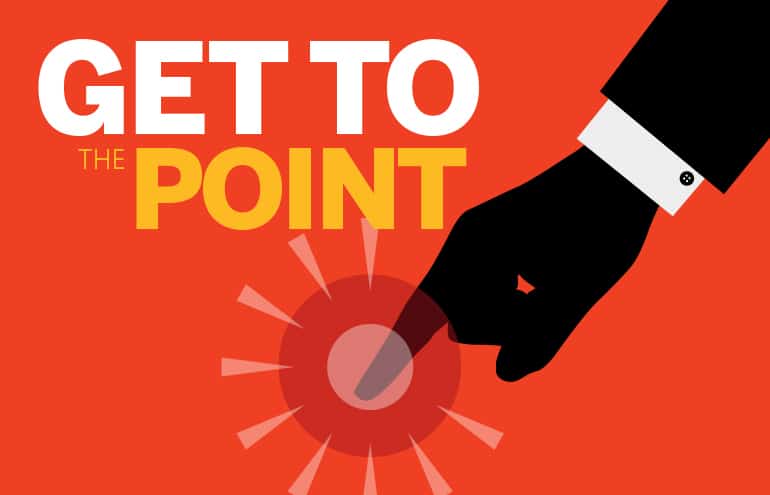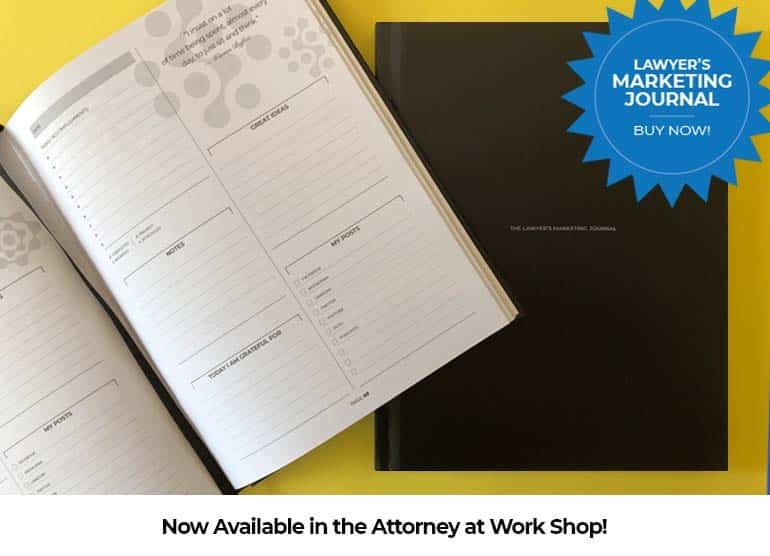Consider tight word count limits as a challenge to your writing prowess.

Our clients pay us to figure out detours around onerous rules. When Los Angeles imposed a mansion tax on real estate sales over $5 million, somebody figured out a way to divide valuable properties into separate parcels to stay under that threshold.
Sometimes that works. Sometimes it doesn’t. Like with judges.
Incorporating By Reference
The court in Promptu Systems Corporation v. Comcast Cable Communications, LLC set a limit on the length of the parties’ briefs. But the Big Law firm representing appellee Comcast absolutely needed more words, almost 2,000 of them. That put them 1,300 words over the limit. So they incorporated by reference a brief in a different case. That’s a no-no under the Federal Rule of Appellate Procedure 28(i), which says you can incorporate part of another party’s brief in the same case when there is more than one appellant or appellee.
But, your honor, counsel argued, incorporation by reference will “enhance efficiency.” And besides, we didn’t even know about your prior published opinion in a different case that this trick was not allowed.
Unh-unh, said the court. “Requiring the Court to cross-reference arguments from multiple briefs in multiple, separate cases does not increase efficiency nor does exceeding the word count.”
Lucky for the Big Law lawyers, the court excused their sloppy research and did not impose sanctions. The court did point out that in its prior precedential decision, Big Law’s own law firm was admonished for exactly the same improper conduct. Ouch.
Keep It Short and Simple to Meet Word Count Limits
Get To The Point has suggested several ways to cut verbiage from your legal writing.
Lawyers frequently commit the writing faux pas of burying the lede. Instead of putting the most important stuff first, they waste words on a bunch of background information. Often, that information is irrelevant to the instant issue or that everybody in the case, including the judge, already knows.
Say what you have to say once as decisively as possible. Repetition just wastes space.
Cut the adverbs and adjectives. “Very” does not usually add anything. Trying to be emphatic with words like “obviously,” “definitely,” and “clearly” is no substitute for a reasoned argument.
Pack each sentence with words with meaning. Lose the expletives, those meaningless placeholder words. Search your document for “there are” and “there is” and try to revise to put the real subject of the sentence there instead. Revise your work to avoid linking verbs, most commonly forms of “to be;” use action verbs instead.
Don’t sound like a lawyer. Writing “the manner in which” instead of “how” does not make you sound learned. It makes you sound pompous. Plain language is the better choice
How Many Words Can You Save?
Consider tight word count limits as a challenge to your writing prowess.
Deleting a superfluous word here and there probably won’t save you 1,300 words, though those deletions will improve your writing. On the other hand, omitting redundant arguments and unnecessary background information is a big word saver. Finally, falling back on plain language is likely to push you to the word count finish line.
Image © iStockPhoto.com

More Writing Tips
Find more good ideas for improving your legal writing and communications skills in “Get to the Point” by Teddy Snyder.
Subscribe to Attorney at Work
Get really good ideas every day for your law practice: Subscribe to the Daily Dispatch (it’s free).

Lawyer’s Marketing Journal
Teddy Snyder, author of Women Rainmaker’s Best Marketing Tips, has designed a journal that is ideal for tracking marketing and BD activities, ideas and inspiration. Undated pages give you the flexibility to start today.
















